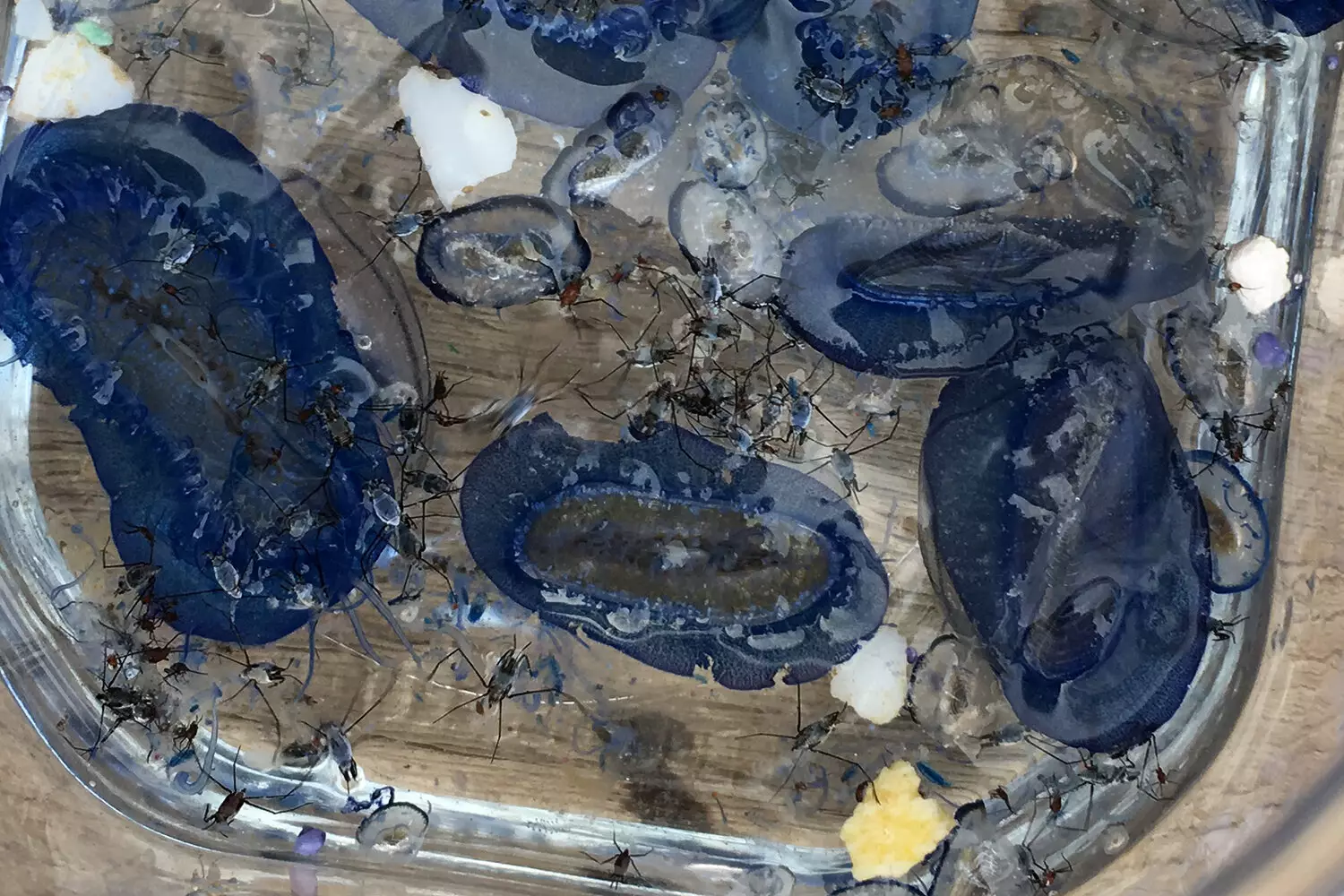Plastic pollution in the world’s oceans continues to be a growing concern for researchers and environmentalists alike. The detrimental effects of plastic waste on marine ecosystems can have far-reaching consequences. Marine animals often mistake plastic particles for food, leading to severe health issues. These large accumulations of plastic can disrupt the delicate biological balance of marine ecosystems, impacting biodiversity and overall environmental health.
A recent study conducted by a research team from the Helmholtz Centre for Environmental Research (UFZ) and the Alfred Wegener Institute Helmholtz Centre for Polar and Marine Research (AWI) revealed alarming quantities of plastic waste and microplastics in a remote marine protected area in the Pacific Ocean. The researchers discovered that the levels of plastic pollution in this area were similar to those found in one of the world’s largest garbage patches. This illustrates the widespread distribution of plastic waste in the world’s oceans, highlighting the urgent need for action to address this global issue.
During a research expedition on the German research vessel “Sonne,” scientists collected surface water samples in the North Pacific Ocean. The sampling stations were chosen based on a prediction model from the University of Hawaii, which estimated the presence of plastics in different marine areas. The researchers aimed to investigate both well-researched zones, such as the Great Pacific Garbage Patch, and less-explored areas, like the Papahānaumokuākea Marine National Monument northwest of Hawaii.
The research team employed two different methods to measure the amount of plastics in the surface water. The first method involved conducting litter surveys, where scientists counted visible plastic items during ship transits. The second method utilized neuston nets towed at the surface to collect samples at nine stations. By analyzing the size, shape, and weathering state of the plastic particles, the researchers were able to gain valuable insights into the distribution and composition of plastics in the ocean.
One of the most concerning findings of the study was the discovery of significant quantities of microplastics in a remote marine protected area north-west of Hawaii. These microplastics were unexpectedly widespread, challenging previous assumptions about the distribution of plastic pollution in the oceans. The researchers found that microplastics were present at all sampling stations, underscoring the pervasive nature of this environmental issue.
As the global community grapples with the detrimental effects of plastic pollution on marine ecosystems, efforts are being made to address this pressing issue. The upcoming UN Plastics Treaty aims to establish a legally binding framework for addressing plastic pollution in the ocean. Scientists stress the importance of reducing plastic production, promoting reuse systems, and improving the chemical composition of plastic products to ensure safe reuse and higher recycling rates.
The study’s findings highlight the urgent need for coordinated global action to mitigate the impact of plastic pollution on marine ecosystems. By raising awareness, implementing sustainable practices, and advocating for policy changes, we can work towards a cleaner and healthier ocean for future generations.


Leave a Reply